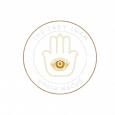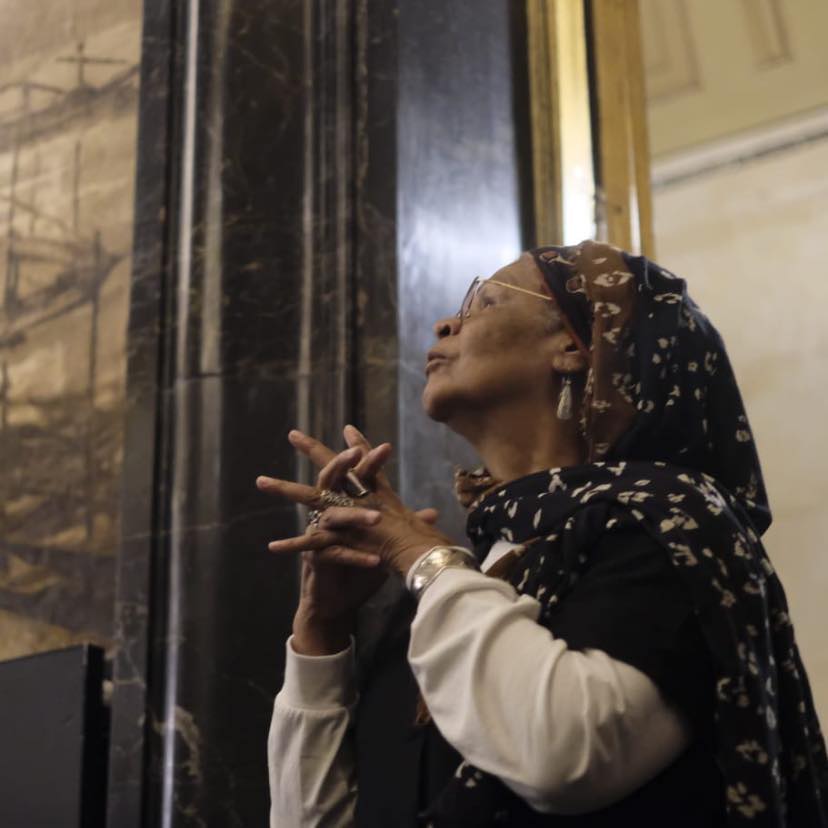I came to live in India after having already lived in other parts of Asia. Naively, I anticipated that the best of my Asian living experiences would be manifest in India and this centered on a dynamic encounter with diverse religious communities. I have thus been disappointed that the ideals of diversity have given way to exceptionalism and exclusivity.
For example, members of one religion are not encouraged to or interested in visiting the sacred spaces of other religions. In fact, in most cases, they are prohibited. To be sensitive to these constraints I do not visit any sacred place, no matter how much I have wanted, unless I am given permission as a Muslim. (Coincidentally, I am also prohibited as a woman from entering some of the sacred Muslim spaces!)
As a (retired) professor of religious studies I would like to think I can be a respectful observer. Nevertheless, I have little ability to internalize the notion of taboo. That is, I cannot understand that any space constructed by human beings would be defiled by the entry of another human being. My history of social and political advocacy against all forms of oppression just cannot find a space to accept this notion that one person is irredeemably taboo.
I do understand ritual acts that symbolize purification are performed to permit the passing of certain boundaries, again as established by human members of a particular religious community. For example, in Islamic ritual, the performance of the obligatory five times daily prayers requires a ritual washing with clean water or if none is available with sand. I have observed that some people within my community apply this ritual purification as a requirement for reading the sacred text or entering the mosque. For such persons, any one not a member of the community will not thus be ritually prepared, so categorically should be excluded from touching the sacred book or entering the mosque.
The question still remains if such persons are able to arrive at a level of purity by the act of ritual purification alone, or are they forever considered a defilement by their failure to acknowledge the religious conditions of Islam by becoming Muslims themselves? We are unconditionally prepared to accept conversion to Islam by any person irrespective of their point of origin, that is their prior religion or lack there of.
I have been traveling in Southeast Asia the past 3 weeks and a particular case has come to the attention of the media. A place for Muslim prayer, called a surau, was constructed at a resort in one of the states in Malaysia, specifically in Sedili Besar in the state of Johor. Apparently, the surau had not been used for Muslim prayer for some time. The manager of the resort allowed the space to be used by a group of Buddhists for the purpose of meditation. Just in case you are unaware, Buddhist meditation does not involve any animal sacrifice, blood or any liquid prohibited in Islam, like alcohol, in any form of sacrament, nor does it involve any chants spoken out loud or ritual movements as in forms of dance or other performances. Buddhist can and do meditate by sitting, silently and often with no idol or representation of the Buddha. Islamic communities are often very sensitive to representations of the sacred in the forms of multiple gods and their idols.
It seems the most non-offensive form of worship that could be performed by the any one. Still this came to the attention of the government and the resort manager was put into jail, where he stayed for four days before being brought before the courts, where it was upheld that his actions were a violation of respect for Muslims.
The sultan of Johor, who is coincidentally given the title “head of religion”, said “The most sacred places on Earth are mosques and surau. Accordingly, they are not allowed to be used to carry out religious activities other than for Islam and if a surau is found to have hosted other religious activities, it can be demolished…”
So this surau is now ready to be demolished. In other words, they would rather destroy the building than to have it used by someone from another religion, no matter the kind of usage that religion performs in its ritual.
I am uncomfortable with this stance. For one thing, as a traveler who has attempted to maintain her five daily prayers while in transit, I have observed a variety of “collective” sacred spaces, for example in airports. These are constructed in such a way as to both acknowledge religious particulars and yet not to have those particulars over come the space where they might be a problem for persons from other faiths. For example, specific icons can be added and removed. Sometimes the room is constructed in such a way that icons are not visible to those for whom such icons might be problematic.
I am not supposed to pray towards images, let alone idols. So in my home, I do not hang photos of people in the direction towards which I pray, or in the room where I pray. I was more concerned about this in my earlier days, because now I am able to get over the distraction by anything from the goal of my worship, which is transcendent, neither contained by nor represented in any particular form.
I do not presume that persons other than myself might be comfortable with the level of tolerance I have now come to accept. However, I do not agree with the editorial that gives permission for multi-faith spaces only as a limitation or compensation. Because in Malaysia, all religions have their own sacred spaces, he said, they must remain separate.
At this point, I share this story with no conclusion but with a question to you the readers: what are your thoughts on this matter? Please share.
amina wadud is Professor Emerita of Islamic Studies, now traveling the world over seeking answers to the questions that move many of us through our lives. Author of Qur’an and Woman: Rereading the Sacred Text from a Woman’s Perspective and Inside the Gender Jihad, she will blog on her life journey and anything that moves her about Islam, gender and justice, especially as these intersect with the rest of the universe.
This article is already published on When Some People Say “Religion” They Mean “My” Religion by amina wadud (feminismandreligion.com)


Weren’t churches and monasteries considered sacred spaces my Muslims in the Prophet’s (saws) time?
Do not be astonished. Women and Islam are at odds.
Indonesia had a wonderful Buddhist/Hindu syncretism spoiled by new Muslim merchants with a narrow sense of morality.
Did you know that they have introduced a pre-Islamic African practice called female genital mutilation into Indonesia? They are trying to turn Indonesia into a new Somalia.